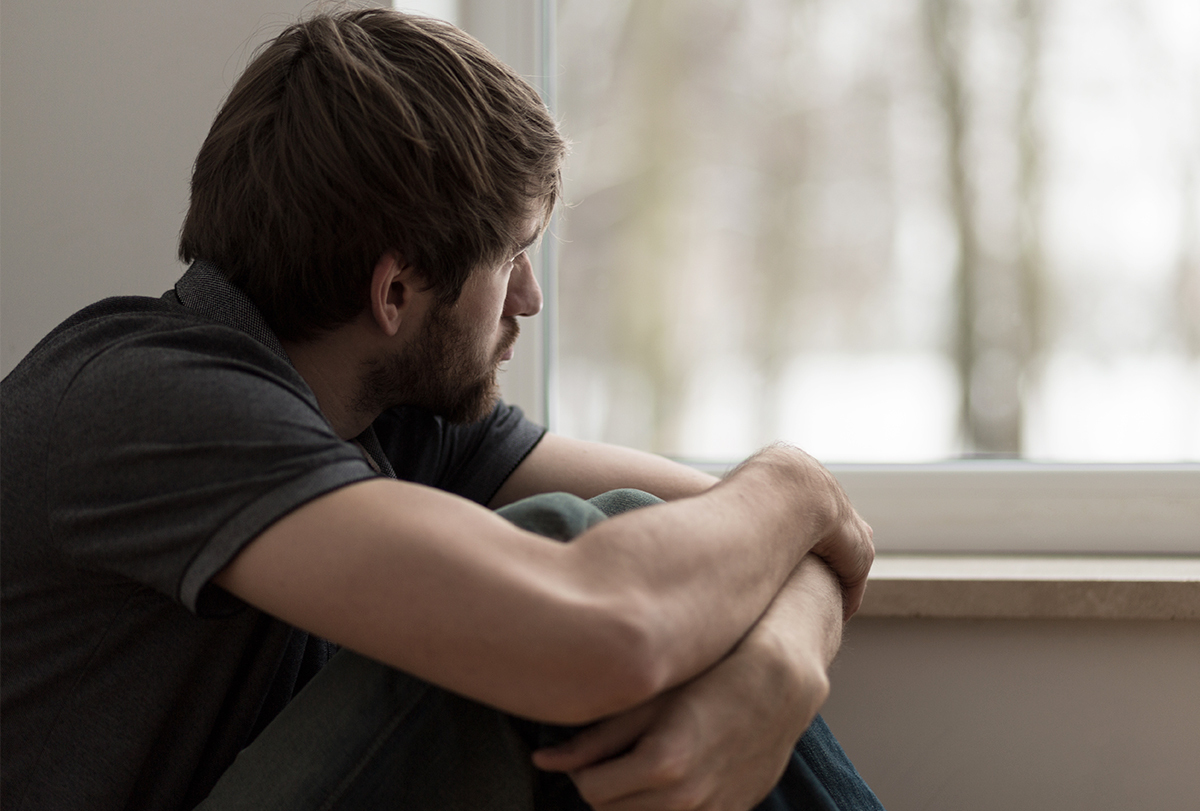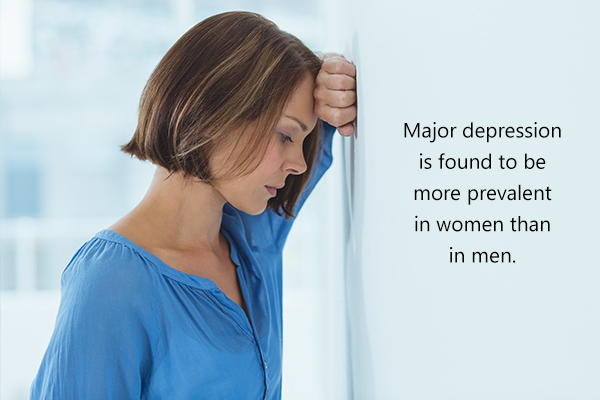In this article:
Depression or melancholia is a complicated condition without a set pattern or clearly defined symptoms.

It can have varying manifestations but is generally explained as a prolonged phase of unfounded sadness or misery wherein you become socially withdrawn and emotionally unavailable and lose interest in activities that otherwise gave you pleasure.
Now, almost everyone goes through low moods and feelings of despair from time to time, but these states do not necessarily qualify as depression. It can be tricky to diagnose this condition because depression symptoms can differ from person to person, and there is no test to prove or disprove this state.
Signs and Symptoms That Indicate Depression
In general practice, a diagnosis of depression is made if a number of signs and symptoms from at least three of the categories listed below are observed:
1. Physical symptoms
- Lack of sleep or sleeping too often
- Binge eating or loss of appetite
- Fatigue
- Frequent unaccountable pains such as in the stomach or head
- Weight changes
2. Behavioral symptoms
- Lack of focus
- Trouble in making decisions
- Unrealistic worries or ideas, overthinking (e.g., that people dislike you or you have a terminal illness)
- Disinterest in previously enjoyable activities
- Sexual difficulties
- Socially and emotionally distant from close friends and family
- Harshly and unfairly critical of yourself for perceived faults and mistakes
- Reckless behavior to escape your reality, marked by substance abuse, rash driving, compulsive gambling, or dangerous sports
3. Emotional symptoms
- Thoughts of running away from the situation
- Guilty feeling
- Strong feelings of worthlessness
- Negative feelings and thoughts
- Feeling isolated
- Low self-confidence
- General unhappiness
- Suicidal thoughts and tendencies
- Indecisiveness
It is important to consult a doctor if you experience these symptoms, as these can affect your life in many different areas. Symptoms of depression and/or suicidal thoughts should not be taken lightly and should be addressed immediately.
Prevalence of Depression

Approximately 20%–25% of women and 7%–12% of men experience depression at least once in their lifetime. (1)
Major depression is found to be more prevalent in women than in men. In 2010, its prevalence was 5.5% in females and only 3.2% in males. These values pointed to a 1.7-fold greater incidence of major depression in females. (2)
The World Health Organization (WHO) reported that depression might become the second-highest global disease burden in 2020. It may become a priority condition in the Mental Health Gap Action Programme of the WHO. (3)
According to a study, men are 20.9 times more likely to commit suicide than the general public. For women, this number holds at 27. (4)
Depression Versus Sadness
It is common for people to mistake general sadness for depression. Sadness is a healthy emotional reaction of the body to difficult situations. This feeling can fade with time and changing situations, not requiring any treatment.
Depression, on the other hand, can largely affect your daily life and typically requires treatment to decrease the symptoms.
A major depressive disorder may last from a couple of weeks to many months, disrupting your daily schedule, and also affecting your relationships. While sadness is a common symptom of depression, it does not alone classify a person as depressed.
Final Word
Depression is one of the most pressing health concerns of the current time and is plaguing people of all generations all over the world. This is a fairly ambiguous and multidimensional condition that can have various manifestations. It is naive and simplistic to assume that occasionally “feeling the blues” amounts to depression when the problem is much more than that.
It is human to feel sad and low every now and then, but you may have a problem if the sadness becomes so overpowering and constant that it leaves you emotionally and socially crippled.
If you suspect that you or someone you know may be depressed, it is best to seek professional help before the condition gets any worse.

- Was this article helpful?
- YES, THANKS!NOT REALLY


